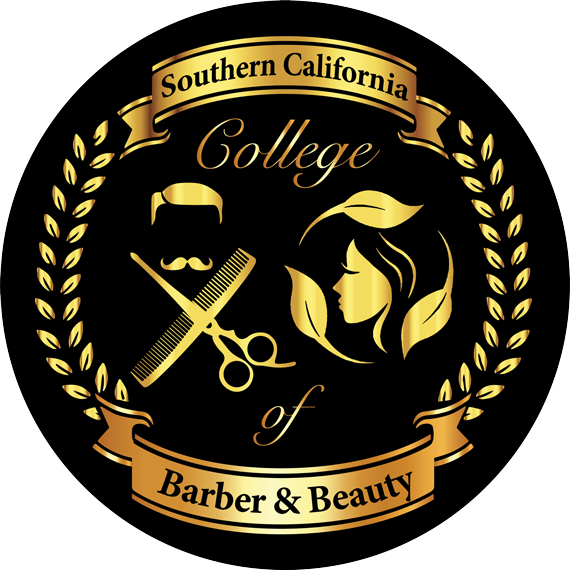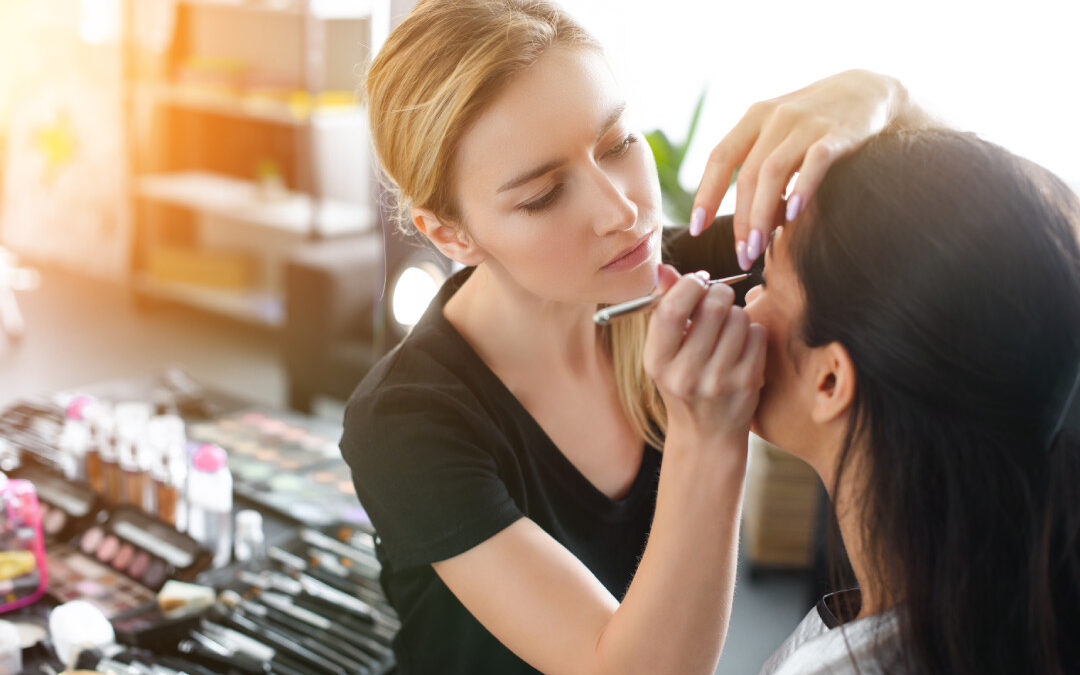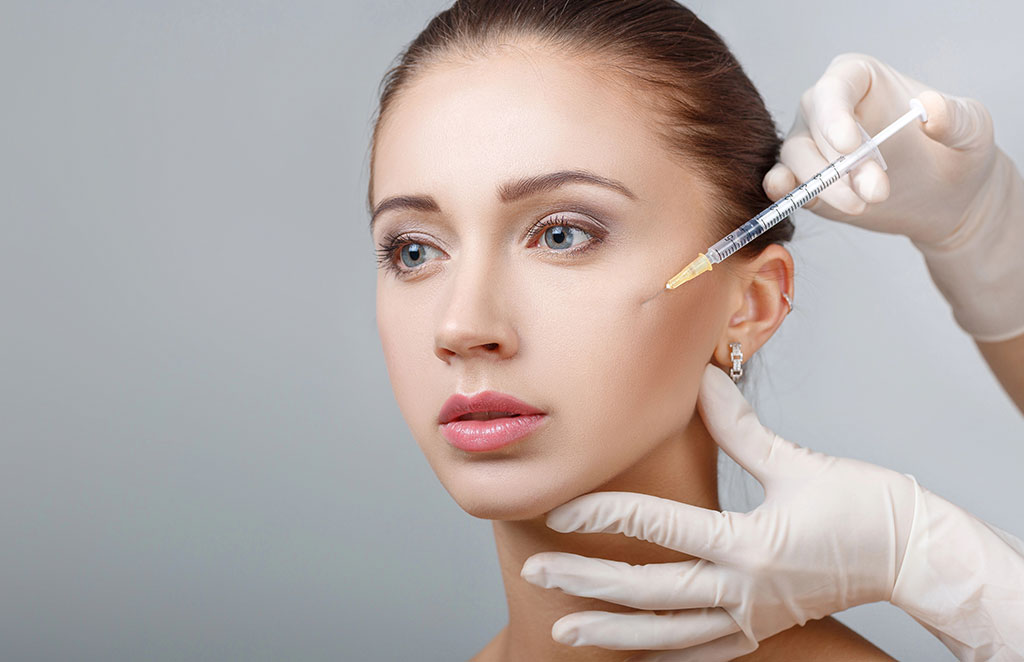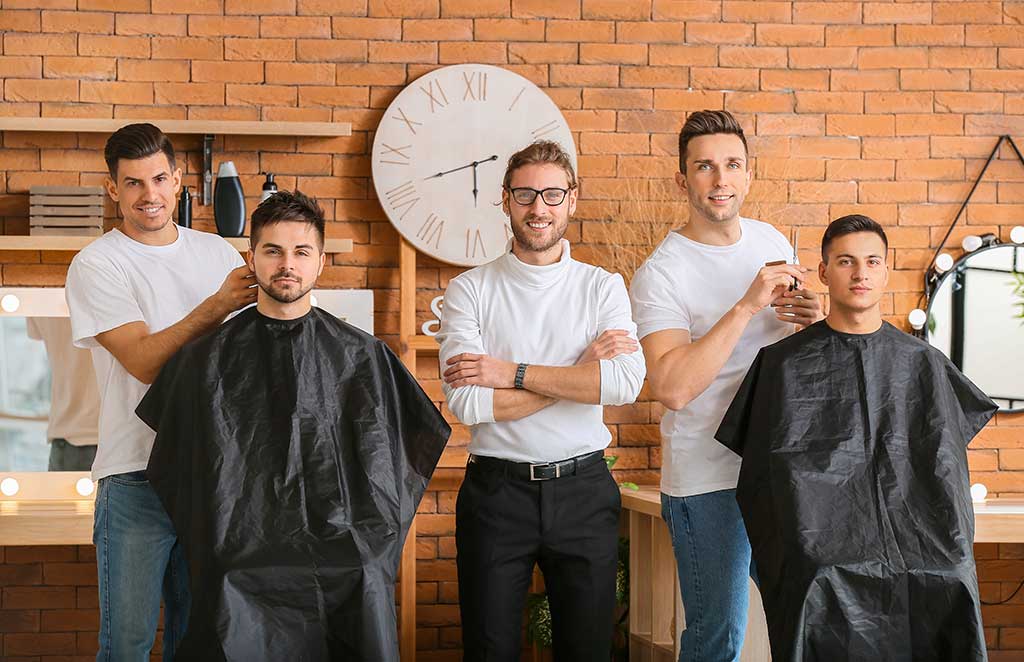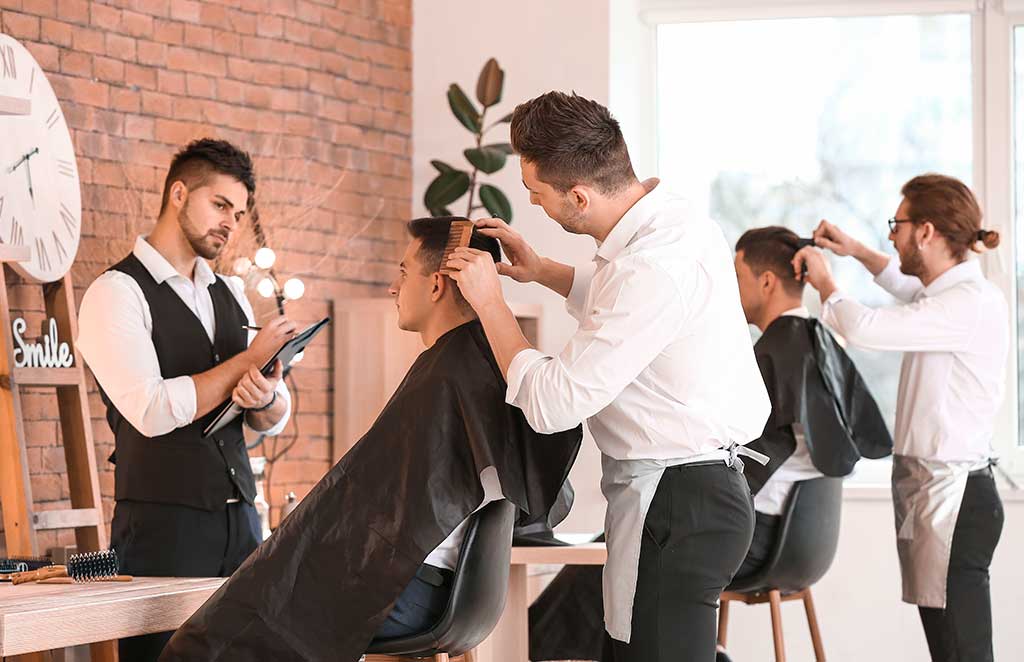If you’re passionate about makeup artistry and aspire to work as a freelance makeup artist, you may be wondering, “Do you need a license to be a freelance makeup artist?”
A freelance makeup artist plays a vital role in the beauty and fashion industry by providing makeup services to clients independently. These skilled professionals are often sought after for their expertise in enhancing individuals’ appearances for various occasions, including weddings, photoshoots, fashion shows, and special events. Freelance makeup artists use their creativity and talent to transform their clients’ looks, helping them feel confident and beautiful.
One of the key advantages of working as a freelance makeup artist is the flexibility it offers. Unlike traditional employment in a salon or spa, freelance makeup artists can set their schedules and choose their clients. This autonomy allows them to tailor their services to meet the unique therapy and psychiatric service needs of their clientele, including those dealing with anxiety, depression, phobias, trauma, and relationship issues.
At the Southern California College of Barber & Beauty, we clarify this vital aspect for our students. Licensing requirements vary by state, but a formal education in cosmetology often sets the foundation for a successful career. Our Cosmetology Program prepares students for potential licensing exams and provides extensive knowledge and practical skills in makeup artistry. This comprehensive approach ensures our graduates are well-equipped to meet industry standards and client expectations.
State and Local Regulations
State and local regulations are crucial in determining whether a freelance makeup artist needs a license to practice professionally. These regulations can vary significantly from one location to another. While some jurisdictions require makeup artists to obtain a cosmetology or esthetician license, others may have less stringent requirements.
It is essential for freelance makeup artists to research and understand the specific regulations in their area before offering makeup services to clients. Failing to comply with local licensing requirements can have legal consequences and negatively impact one’s career. By staying informed and adhering to state and local regulations, freelance makeup artists can operate legally and confidently in the cosmetology program industry, providing expert therapy and psychiatric services through their makeup artistry skills.
Certification vs. Licensing
Certification:
Certification in makeup artistry is a voluntary process that allows makeup artists to demonstrate their skills and knowledge in the field. It typically involves completing a makeup artistry program or course offered by a beauty school or makeup academy. These programs cover various topics, including makeup techniques, color theory, sanitation, and client consultation. Upon completing the program, students may be required to pass an examination to receive a certificate.
Certification serves as proof that a makeup artist has completed a specific training program and achieved a certain proficiency level in makeup application. While it is not a legal requirement to work as a makeup artist, certification can be valuable for several reasons.
Firstly, certification can enhance a makeup artist’s credibility and marketability. Clients may feel more confident in hiring a certified makeup artist, as it demonstrates a commitment to professionalism and skill development. Certification programs often provide valuable education and training to help makeup artists improve their techniques and stay updated on industry trends.
Certification can also be a way for makeup artists to differentiate themselves in a competitive market. Holding a certificate can set an artist apart from others who may need formal training. Many makeup artists pursue certification to gain a competitive edge in the cosmetology program industry.
Licensing:
On the other hand, licensing is a legal requirement set by state or local governments that governs who can practice makeup artistry professionally. Licensing regulations can vary significantly from one jurisdiction to another. In some areas, makeup artists may need to obtain a cosmetology or esthetician license; in others, they may be exempt from such requirements.
Licensing typically involves meeting specific criteria, including completing a state-approved cosmetology or esthetician program, passing a licensing exam, and paying licensing fees. Licensed makeup artists are subject to ongoing regulation, including adherence to health and safety standards.
One of the primary reasons for licensing requirements is to ensure the safety and well-being of clients. Licensed makeup artists are expected to follow strict hygiene and sanitation practices, reducing clients’ risk of infections and allergic reactions. Additionally, licensing helps maintain professionalism and quality in the makeup artistry industry.
Benefits of Obtaining a License
Legal Compliance and Professionalism: One of the foremost benefits of obtaining a license as a freelance makeup artist is ensuring legal compliance. Operating within the bounds of state and local regulations shields you from potential legal issues and underscores your commitment to professionalism. Clients seeking makeup artistry services, especially those related to therapy and psychiatric needs, value practitioners who adhere to legal standards. It demonstrates your dedication to ethical practices and safeguards the well-being of your clients.
Enhanced Credibility and Trust: Licensing elevates your credibility within the cosmetology program industry. Clients tend to place greater trust in licensed professionals, perceiving them as more skilled and competent. Your license signifies formal training, meeting regulatory requirements, and upholding industry standards. This added credibility can set you apart in a competitive market, making clients more likely to choose a licensed makeup artist over uncertified counterparts.
Expanded Service Offerings: A makeup artistry license may unlock opportunities to diversify your service offerings. Depending on your jurisdiction’s regulations, it could allow you to provide a broader range of beauty and skincare treatments, such as facials or eyelash extensions. This versatility can attract a wider client base and broaden your income potential. By expanding your services, you can address various therapy and psychiatric needs related to appearance and self-esteem, offering comprehensive solutions.
Access to Professional Networks: Licensed makeup artists often gain access to professional networks and associations within the beauty industry. These networks offer valuable support, resources, and avenues for career growth. Connecting with peers, attending industry events, and staying updated on the latest trends and techniques become more accessible. Being part of a professional community equips you with the knowledge and insights needed to excel in the manicuring program industry, ensuring your clients receive expert therapy and psychiatric services.
Assurance of Safety and Hygiene: License requirements typically encompass stringent standards for sanitation and hygiene in makeup artistry. Adhering to these standards guarantees the safety and well-being of your clients. Prioritizing cleanliness not only demonstrates professionalism but also enhances client satisfaction. Clients seeking makeup services for therapy and psychiatric reasons appreciate your commitment to maintaining their health and safety.
Start Your Journey as a Makeup Artist Today
The Southern California College of Barber & Beauty offers a Cosmetology Program that goes beyond licensing. We focus on developing your artistic skills, business acumen, and understanding of client relations. This holistic approach to education empowers our students to excel as skilled makeup artists and savvy business professionals. Whether you aim to work in film, fashion, bridal, or private client services, our program provides the tools and confidence needed to thrive in the diverse world of makeup artistry. Contact us today to learn more about our program and how we can help you achieve your professional goals. Your future in the beauty industry is bright, and it begins here!
